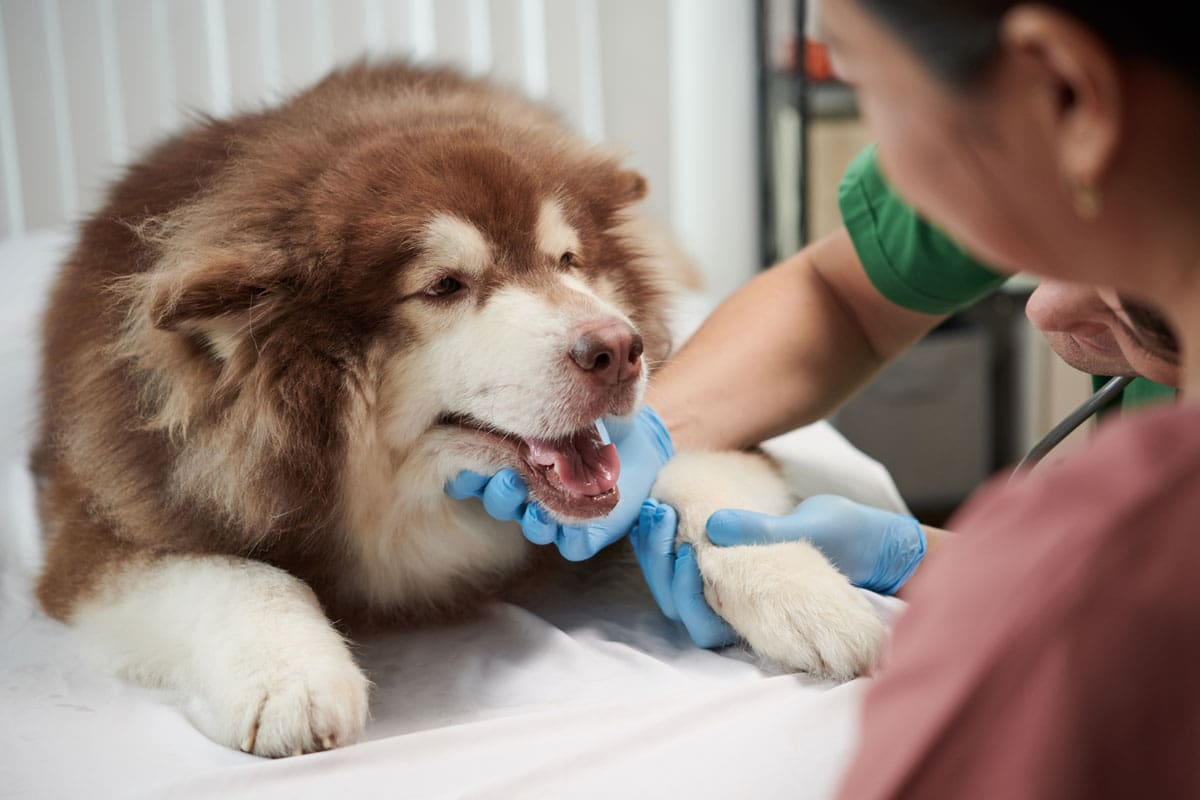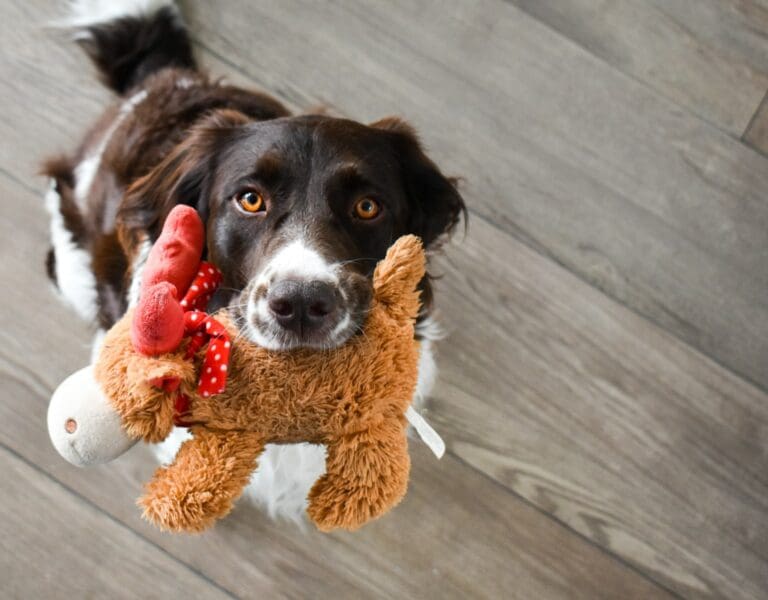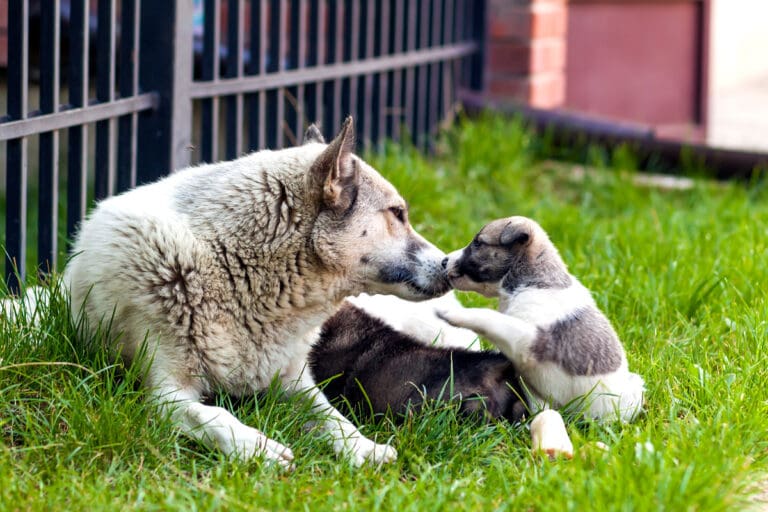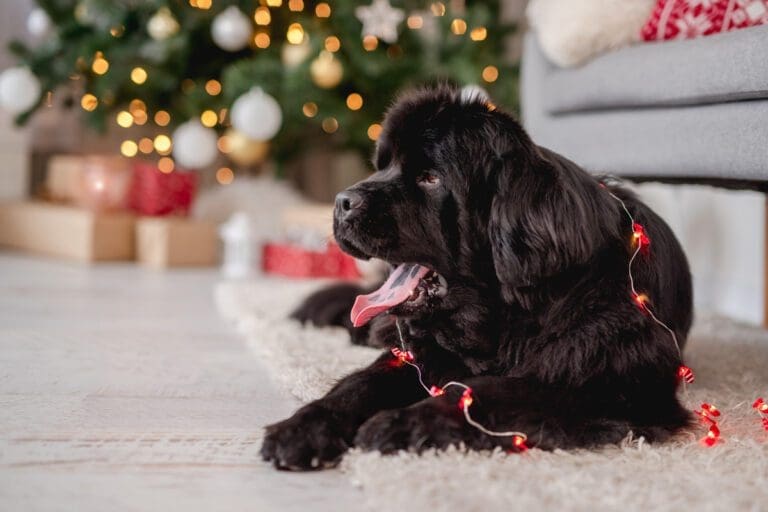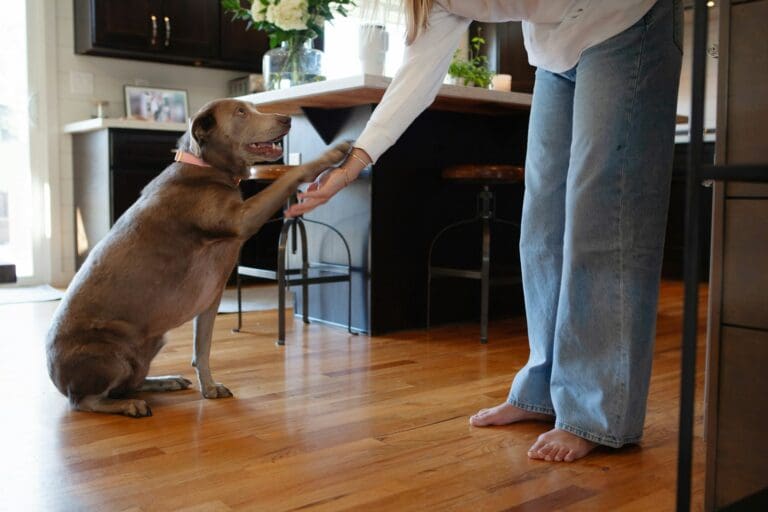Teeth chattering in dogs is an unusual behavior. Like in humans, it can signal they’re cold. But it can signify other issues such as anxiety, excitement, dental issues, seizures, and more. Learn what it could mean.
10 Reasons Dogs Chatter Their Teeth
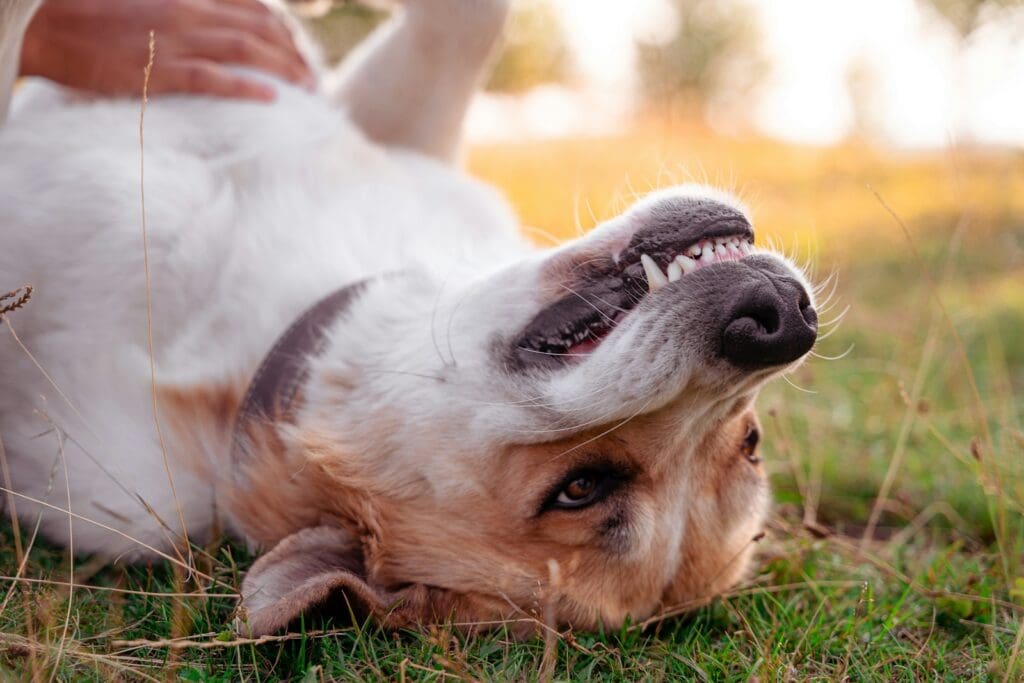
It’s unusual to see a dog chattering its teeth. Many issues can prompt this behavior, some not so concerning and others serious.
Here are 10 reasons dogs chatter their teeth and what action you should take depending on the cause.
1. Anxiety
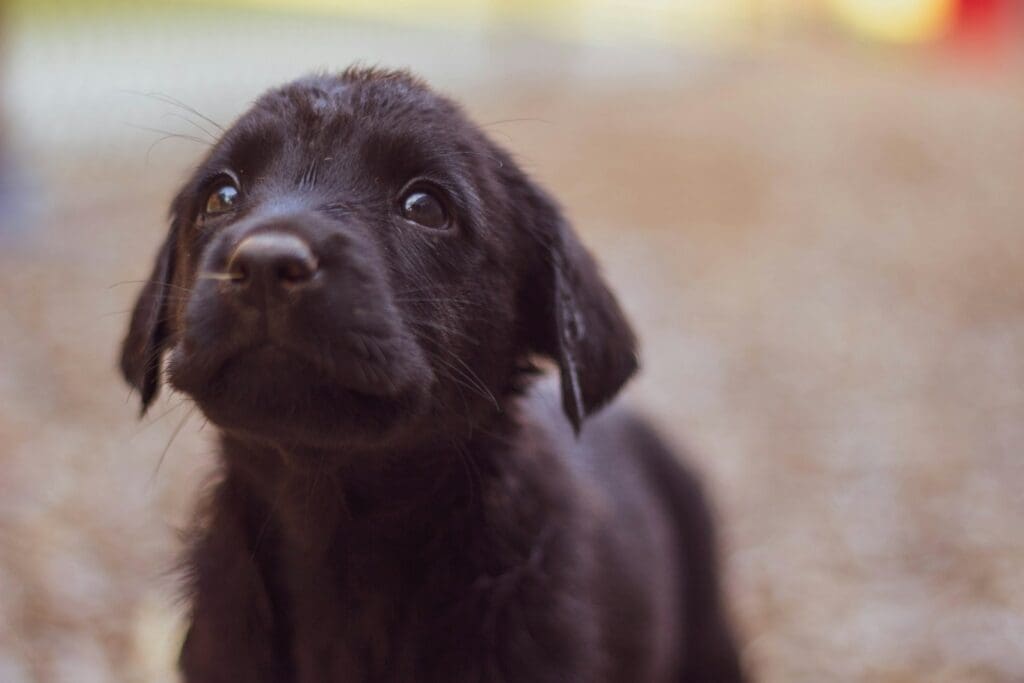
When a dog is experiencing anxiety, stress, or fear, it may cause their teeth to chatter.
A common cause is what’s called situational anxiety. It’s loud noises such as fireworks or thunderstorms. It can also be caused by entering a busy, hectic, or crowded environment.
Another cause is separation anxiety — i.e., when your dog wants to be with you.
2. Excitement
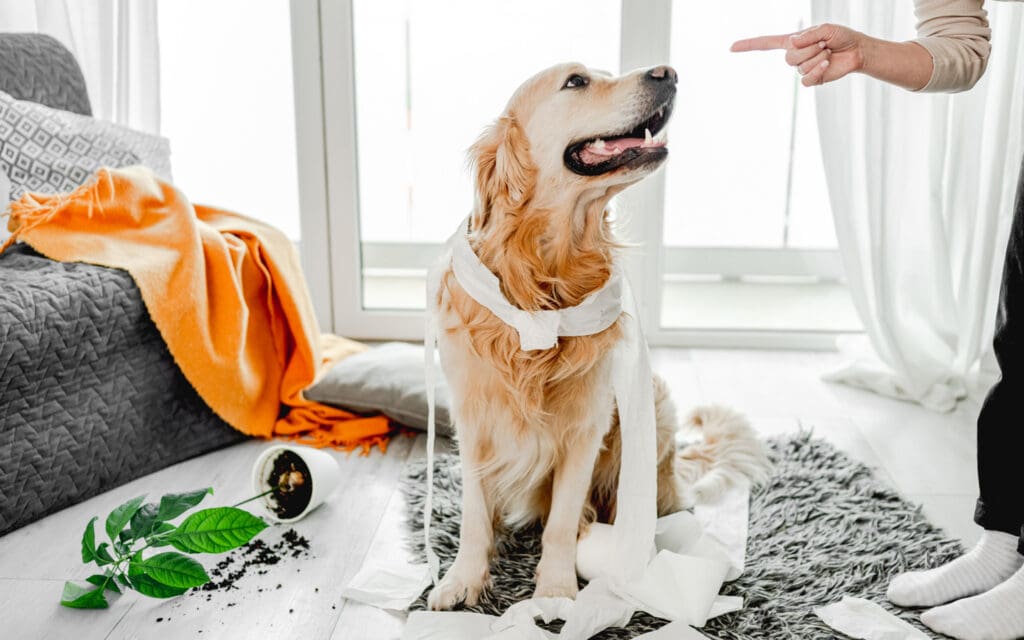
A dog who becomes overexcited may chatter its teeth. They may do this in anticipation of their owner coming home, or going for a walk.
Instead of drooling in anticipation of a treat, a dog’s teeth may chatter.
3. Feeling Cold

Just like humans, dogs sometimes chatter their teeth when they are cold. This can be common in freezing temperatures and/or when a dog is wet in a cold environment.
Keep in mind that teeth chattering in cold temperatures is not necessarily a sign of a medical emergency. However, dogs can also develop hypothermia. Get your dog into a warm room and cover them with blankets or towels. If they don’t show improvement, and shivering and chattering continue, contact a veterinarian.
4. Oral or Dental Pain
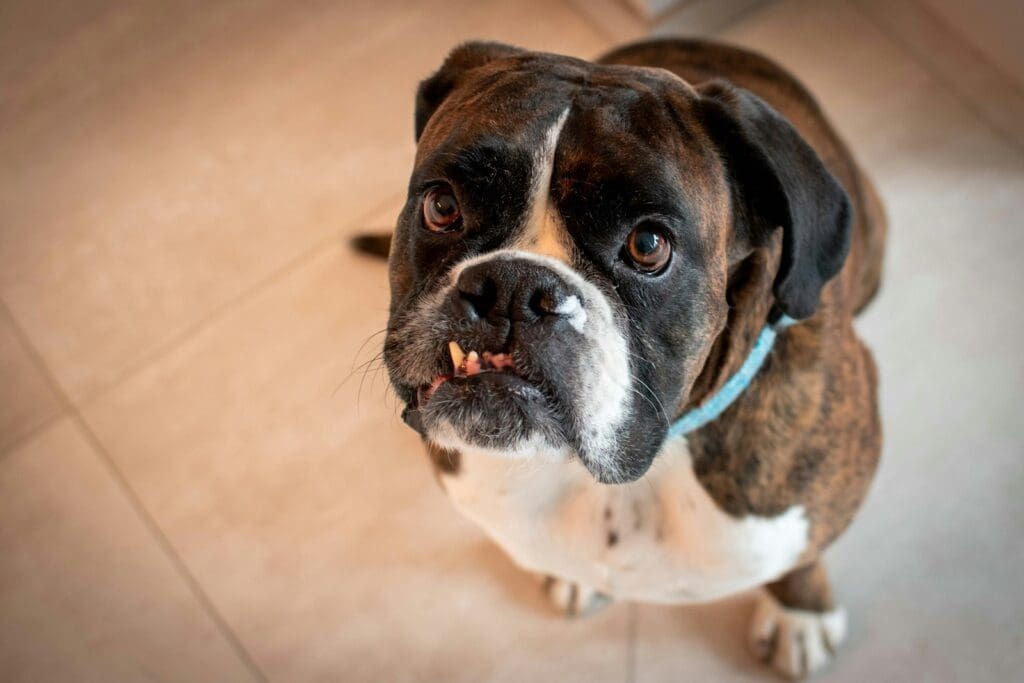
One of the most common causes of teeth chattering in dogs is oral pain or dental issues. This is usually due to periodontal disease. Indicators include:
- Foul-smelling breath
- Noticeable plaque and tartar buildup
- Bleeding gums
- Loose or missing teeth
- Not chewing or playing with toys as they used to
- Gingerly eating or eating on one side of the mouth
Other medical conditions could cause mouth pain. However, they are less common than periodontal disease. If you suspect oral pain is the cause of your dog’s teeth chattering, take them to a vet immediately.
5. An Upset Stomach
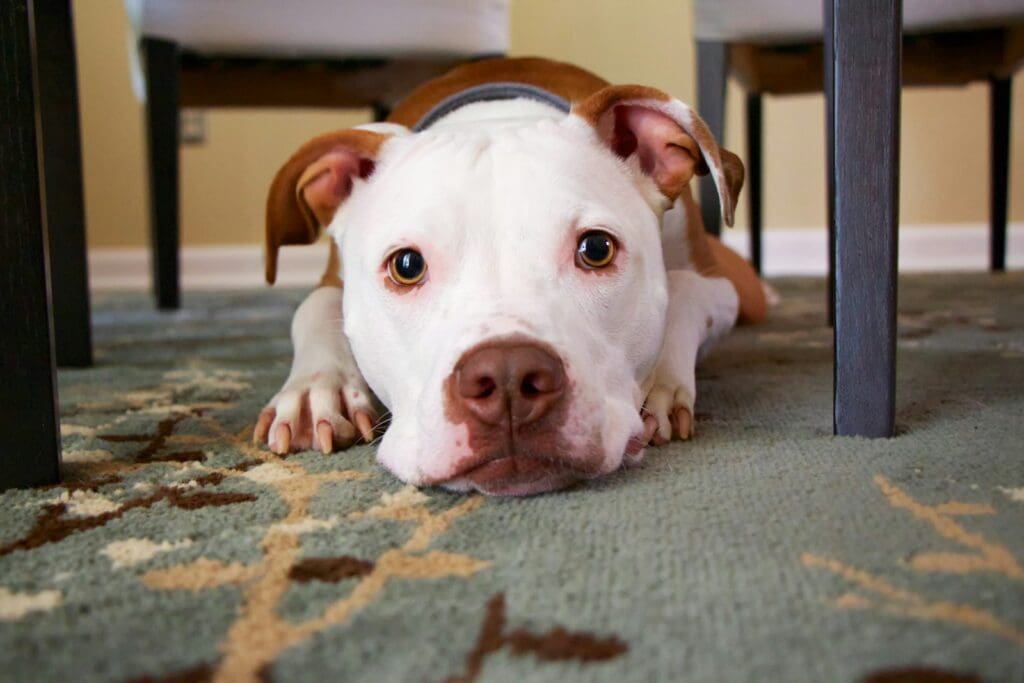
A severely upset stomach can also cause a dog’s teeth to chatter. Other indicators include vomiting and/or diarrhea.
If your dog appears to be sick and is also chattering its teeth, take it to the vet immediately.
6. Joint or Muscle Issues
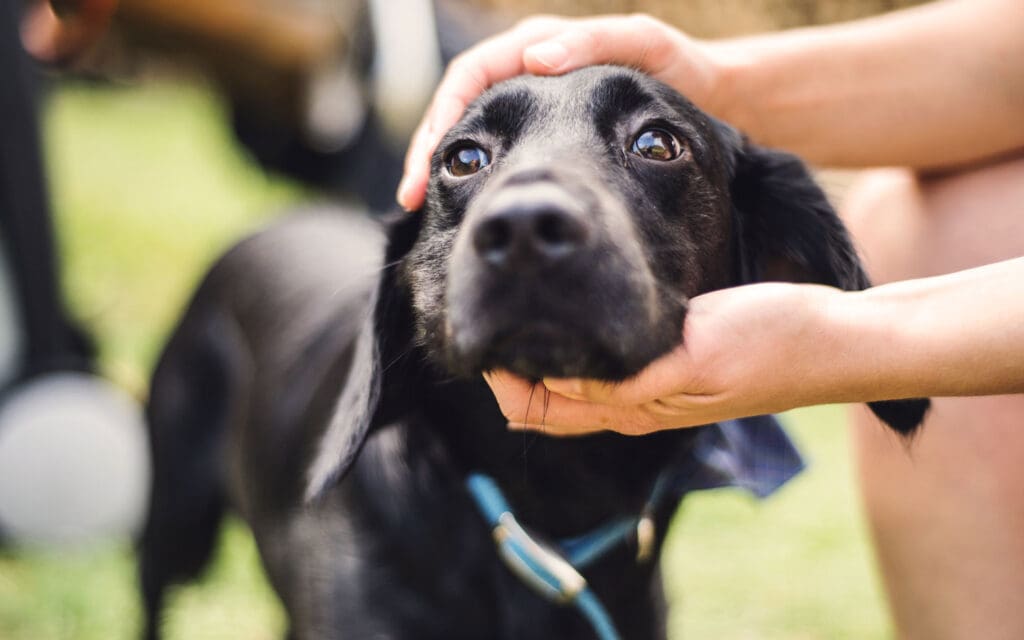
Joint or muscle pains in and around a dog’s jaw may cause it to chatter its teeth. This is most common with dogs that have joint and muscle disorders.
If you suspect something is wrong with your dog’s jaw, joints, or muscles, consult a veterinarian.
7. Reaction to Strong or Exciting Odors: The Flehmen Response

Another reason a dog may chatter its teeth is something called The Flehmen Response. It’s a reaction to smelling urine or the rear end of a female in heat.
This mostly happens after a dog is intently licking or smelling something with a strong scent. Typically, this is the female urine of a dog in heat. However, some dogs will react this way when they taste or smell something new or exciting.
Read More: Why Do Dogs Like to Roll Around on Dead Things?
8. Neurological Disorders or Seizures

Although fairly rare, a dog with a neurological disorder or one that is experiencing a seizure may cause it to chatter its teeth.
Here are the two most common symptoms of epilepsy in dogs:
- Falling and/or having convulsions.
- Behavioral differences before and after the seizure.
*Note: Keep in mind that seizures can appear differently, meaning the dog may not necessarily always fall or have convulsions. Seizures can last a few seconds to a few minutes depending on the severity.
If you suspect your dog had — or is having — a seizure, contact a veterinarian or take your dog to an emergency animal hospital immediately.
Read More: Why Does My Dog Like to Lay on Me?
When Teeth Chattering Signals a Trip to the Vet
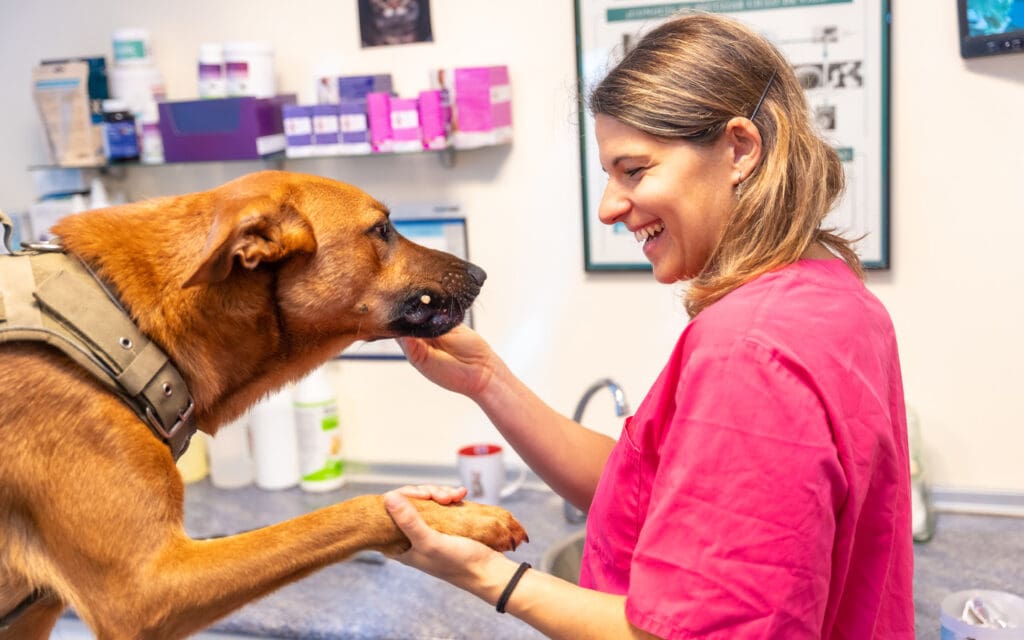
There are seven situations in which teeth chattering indicates taking your dog to the veterinarian immediately. Look for the following:
- Your dog appears to have had or is experiencing a seizure
- Your dog is showing signs of hypothermia
- Your dog appears to have severe mouth pain
- Your dog appears to have a severe gastrointestinal problem
- Your dog appears to have a joint or muscle disorder, particularly in the jaw
- Your dog shows signs of a neurological disorder
- Your dog is showing signs of severe anxiety
If you have the slightest concerns about your dog’s teeth chattering, it is always better to play it safe. Don’t second guess yourself, allow your veterinarian to decide.
Read More: Easy Tips to Calm a Panting Dog

